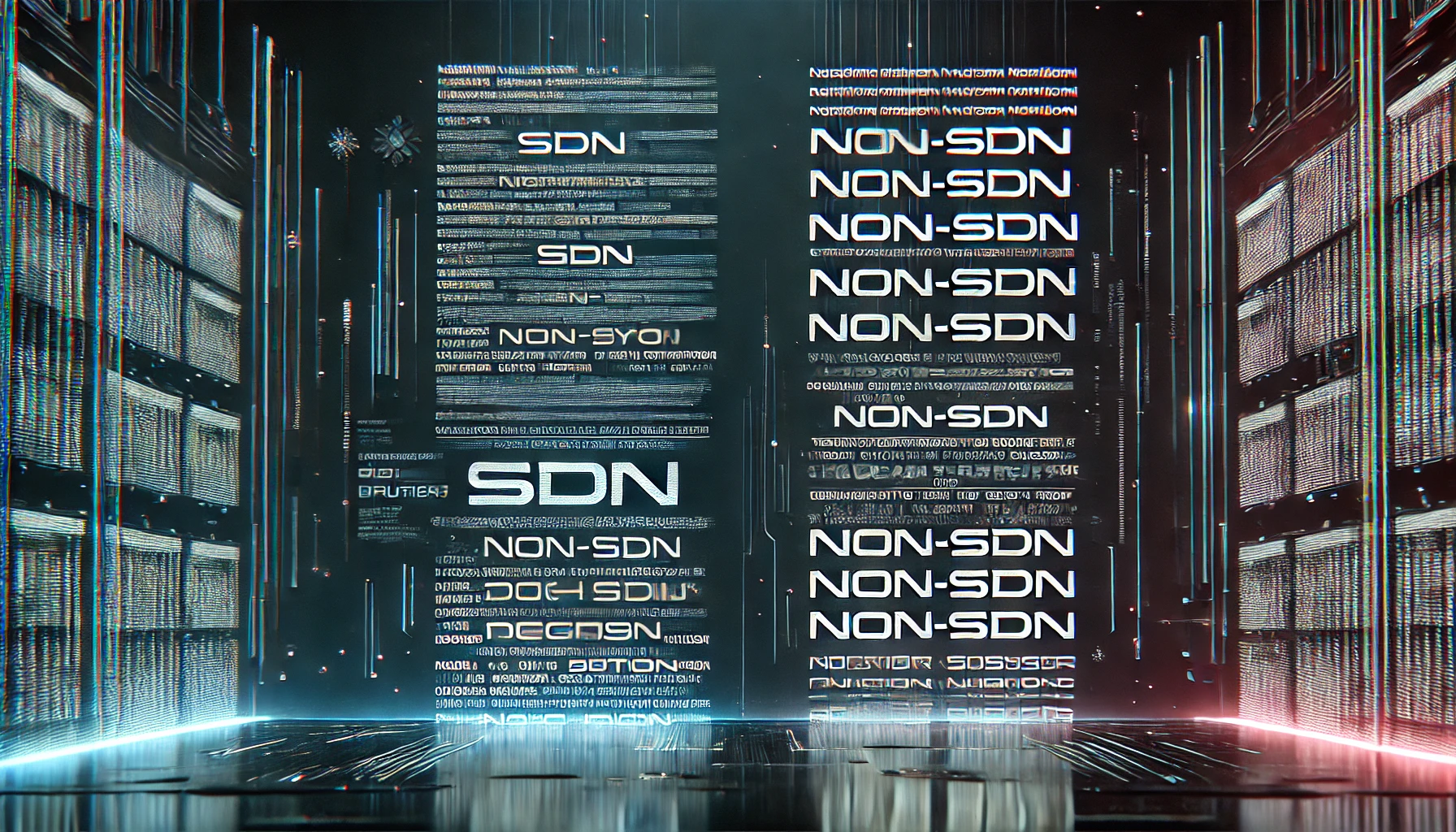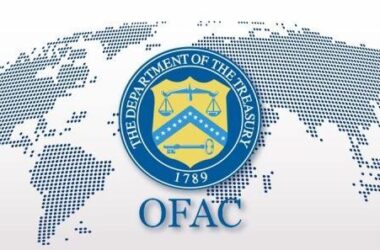The Office of Foreign Assets Control (OFAC) operates several sanctions lists that function to advance U.S. foreign policy initiatives and protect national security interests. The SDN list along with the SSI and FSE lists stand out as the most commonly referenced among OFAC’s multiple sanctions lists. Entities needing to follow sanctions regulations must understand the differences between OFAC lists to ensure legal compliance.
Why Understanding OFAC List Types Matters
Every OFAC list exists to fulfill distinct objectives and carries unique legal ramifications. Businesses face expensive compliance mistakes along with regulatory fines and reputational damage if they fail to understand the differences between OFAC lists.
Business and Legal Consequences
Violations of OFAC list requirements lead to blocked transactions and asset freezing along with financial penalties or criminal prosecution. Businesses and legal teams must properly determine list categories to ensure correct response procedures.
Overview of OFAC Lists
How Many Are There?
- SDN (Specially Designated Nationals)
- SSI (Sectoral Sanctions Identifications)
- FSE (Foreign Sanctions Evaders)
- NS-ISA, NS-MBS, and NS-PLC pertain to particular sanctions initiatives
Who Is Included and Why?
The OFAC lists incorporate both individuals and entities because they have been involved in terrorism activities or weapon proliferation and they have either abused human rights or tried to evade current sanctions.
SDN List Explained
Purpose and Enforcement
The SDN list lists individuals and entities blocked according to multiple U.S. sanctions initiatives. Transactions with SDNs by U.S. persons are forbidden and SDN assets located in the United States must be frozen.
Examples of SDNs
- Terrorist organizations (e.g., Hezbollah)
- Russian oligarchs
- North Korean trading companies
Legal Implications
Complete prohibition on transactions. Violations can lead to both severe civil and criminal penalties.
SSI List (Sectoral Sanctions Identifications)
What It Is
The Sectoral Sanctions Identifications List focuses on particular sections within foreign economies such as Russia’s energy and finance sectors without imposing full asset freezes.
Industries Affected
- Russian energy
- Financial services
- Defense and related materials
Restrictions
The U.S. prohibits its nationals from participating in select equity and debt deals with listed organizations when these deals surpass 14 or 90 days term.
FSE List (Foreign Sanctions Evaders)
Who Gets Listed?
The FSE List includes entities or individuals who violated U.S. sanctions against Iran and Syria or caused others to break those sanctions.
Example Use Cases
- Businesses use shell companies as a means to bypass Iranian sanctions.
- Shipping firms rerouting vessels to Syria
Other OFAC Lists
NS-ISA (Iran Sanctions Act)
Foreign entities operating in Iran’s energy industry must comply with this designation. Includes mandatory and discretionary sanctions.
NS-MBS (Menu-Based Sanctions)
The framework permits sanctions selection from a range of potential penalties.
NS-PLC (Palestinian Legislative Council)
The NS-PLC designation identifies individual persons who support terrorism or the Hamas organization.
Comparison Table: SDN vs SSI vs FSE vs Others
| List | Legal Effect | Who Must Comply | Screening Required |
|---|---|---|---|
| SDN | Full asset freeze | All U.S. persons, globally | Yes |
| SSI | Sectoral limits (no freeze) | Financial institutions, exporters | Yes |
| FSE | Transaction ban (case-specific) | U.S. persons, some foreign subs | Yes |
| NS-ISA | Project-specific restrictions | U.S. and foreign firms | Case-by-case |
| NS-MBS | Custom sanctions | Depends on designation | Case-by-case |
| NS-PLC | Individual blocks | U.S. persons | Yes |
Use Cases and Risk Assessment
- SDN + SSI: Full block applies.
- SSI only: Transaction restrictions apply; enhanced due diligence.
- FSE + SDN: Treat as SDN for compliance purposes.
Compliance Response Strategies
- Risk-based due diligence
- Escalation protocols
- Enhanced screening and alerts
How to Monitor All Lists Effectively
List Update Frequency
OFAC updates lists regularly, sometimes daily. Receive OFAC notices through subscription services or implement automated solutions for updates.
Batch Screening Across All Lists
Organizations can perform bulk screening of client databases against all OFAC lists simultaneously using automated tools for real-time results.
Unified Screening Software
Implement Regtech systems that consolidate SDN, SSI, FSE, and other OFAC lists into a single platform.
Conclusion + Summary Table
Compliance with regulations requires a clear understanding of the differences between OFAC’s SDN, SSI, FSE, and related lists. Businesses need to establish strong screening methods while staying updated with list changes and applying suitable responses for each list type.
| List | Purpose | Restrictions |
|---|---|---|
| SDN | Blocked entities | No dealings, asset freeze |
| SSI | Sectoral actors | Debt/equity transaction limits |
| FSE | Sanctions evaders | Tailored bans, no asset freeze |
| NS-ISA | Iran sanctions | Energy project limits |
| NS-MBS | Custom sanctions | Variable penalties |
| NS-PLC | Political targeting | Blocked persons |


